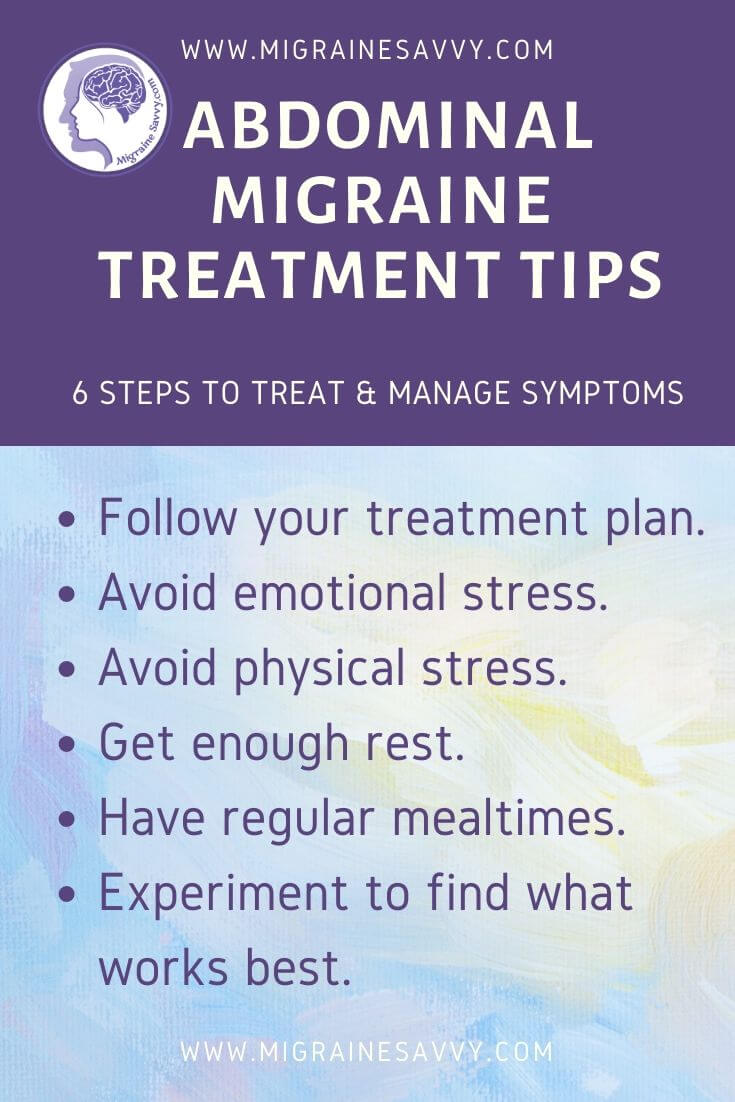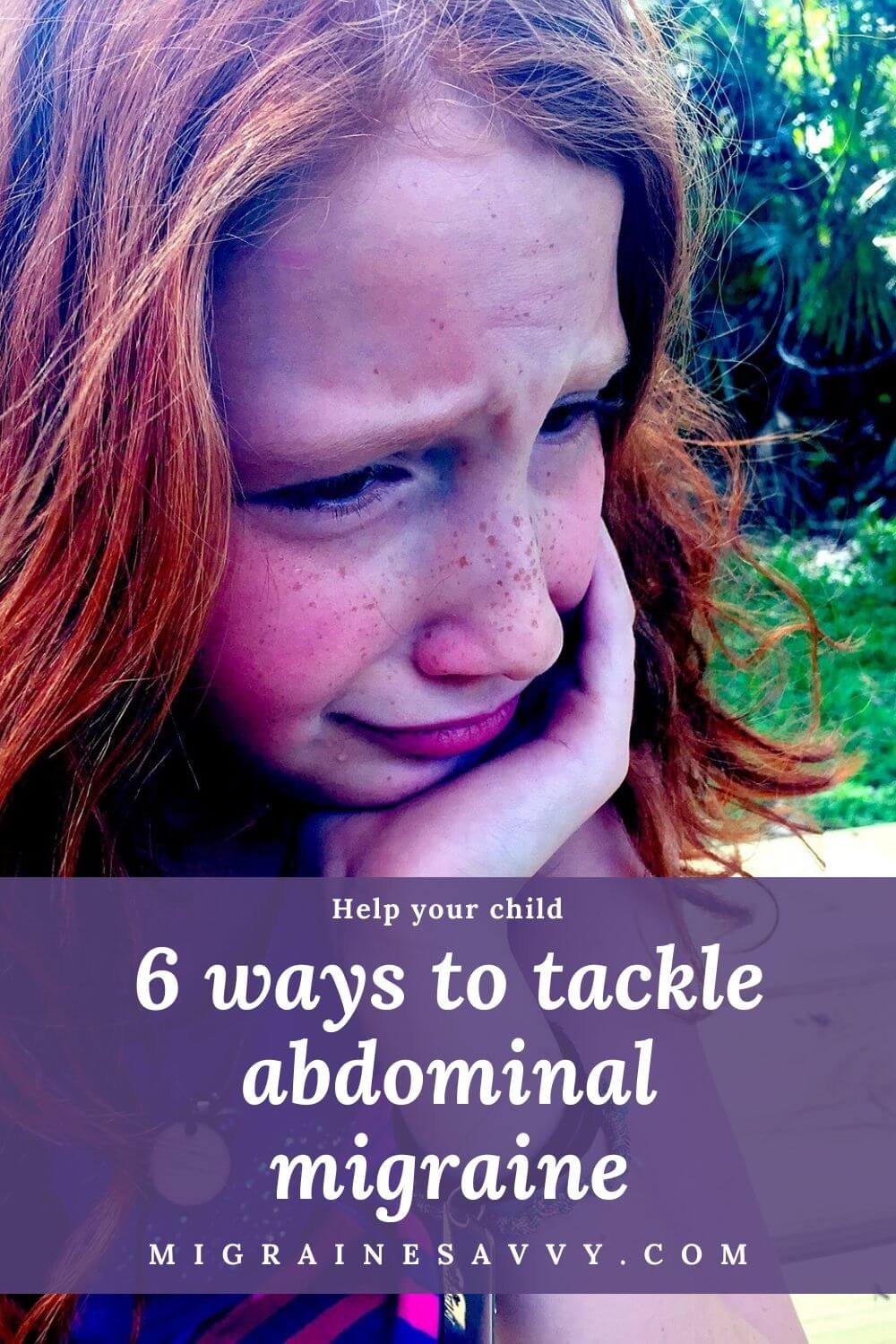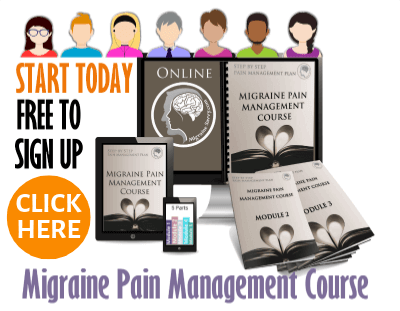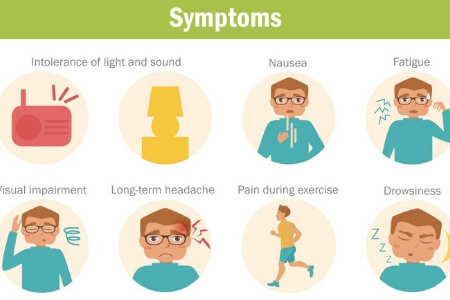- Home
- Migraine Symptoms
- Abdominal Migraine Symptoms
COMPLETE MAGNESIUM SUPPORT
My Top Choice - Magnesium Breakthrough - The ONLY supplement with all 7 essential magnesium types in one formula. Most only have 1-2 types, leaving you deficient.
Confusing Abdominal Migraine Symptoms
Doctors are often confused by abdominal migraine symptoms as they can mimic so many other conditions. Like a flu bug for instance. These are most common in children and many people have never even heard of them.

Recurring abdominal pain is the most common symptom.
Your child may have the stomach ache, but in between attacks, there will be no pain.
It is common for the stomach pain to return again and again and can often last for twenty-four hours.
Abdominal migraine symptoms typically occur in children that have a family history of these migraines. They are relatively rare migraines especially in adults but happen in about 2% of children. Those numbers add up. Girls are more likely than boys to have this type of headache and symptoms.
The Most Common Symptoms
The most common abdominal migraine symptoms are:
|
|
Adults can experience abdominal migraines but they are more common in children between the ages of five and nine. It is always important to rule out other diagnosis such as Crohn's disease or stomach ulcers.
My #1 Choice in Magnesium Supplements
Avoid Known Triggers
The main thing with abdominal migraines is to avoid anything that is considered to be a trigger. This is the simplest approach.
Write in a log each time you or your child has an abdominal migraine in an attempt to identify what might be a trigger. Once these have been identified, avoid them if at all possible.

Treat the Symptoms
The best tip after identifying the triggers is to treat the symptoms themselves. You might like to read our article on abdominal migraine treatment.
The common tip is to get plenty of rest and treat whatever symptoms that occur.
Visit with your physician for diagnosis and treatment with medications.
If headaches accompany the episode, resting in a darkened room might be of benefit and the use of cold dampened cloths over the eyes could potentially help with the headache part.
Try Prophylactic Medications
In most cases, prescription medications for abdominal migraines must be taken every day to be effective. The National Migraine Association has recommended that anti-depressants, beta-blockers, and anti-convulsants can be effective migraine preventatives. These medications all have their own set of risks and must be prescribed by your physician.
According to the American Journal of Managed Care, migraine treatments cost more than $15 billion every year. Over 3 million of the emergency room visits each year stem from migraine symptoms. The patient that goes to the emergency room with abdominal pain must have thorough exams to rule out serious gastrointestinal issues.
Just A Few More Tips
Don’t be fooled. These headaches can be very debilitating. The best thing to do is to follow your headache treatment plan and to make all efforts to avoid emotional and physical stress.
Getting enough rest is important and eating at the same time every day may be of help. You will have to try these and see what appears to help you the most with the symptoms of abdominal migraines.
Experiment with taking peppermint capsules and sipping ginger tea if nausea is occurring. If you can keep anything down.
Try a hot water bottle on your stomach. See if that calms you down.
Other Ways to Cope with Abdominal Migraine Symptoms
The best way I have found to cope with my migraine symptoms is to take my medication at the earliest warning signal, grab an ice pack to lie my head on, and go to bed.
I use these anti-nausea wrist bands and listen to a calming meditation download while I wait for the symptoms to pass. This can take days for me. Abdominal migraine symptoms should pass more quickly than that.
I think being proactive is important too. I always try to give my body the best chance at recovering from an attack.
I keep my bedroom nice and dark with black out curtains, and I have a selection of CD's downloaded onto an MP3 player to listen to. This calms down my nervous system. I find that these help me to reduce my anxiety significantly:
Here Are My Recommendations:
As an Amazon Associate, I earn from qualifying purchases - affiliate disclosure.
And these are great for children:
Here Are My Recommendations For Kids:
As an Amazon Associate, I earn from qualifying purchases - affiliate disclosure.
- Songs for the Inner Child: Shaina Noll (my all time favorite one)
Please Share Your Ideas
You may have some good ideas to help with this condition too. Please share them here to help other readers (and mom's).
Until next time, be well.
WANT MORE TIPS? Subscribe to my newsletter and follow along on Facebook and Pinterest for all of the latest updates.
MIGRAINE SYMPTOMS Related Articles
How to be more MIGRAINE SAVVY right now...

















